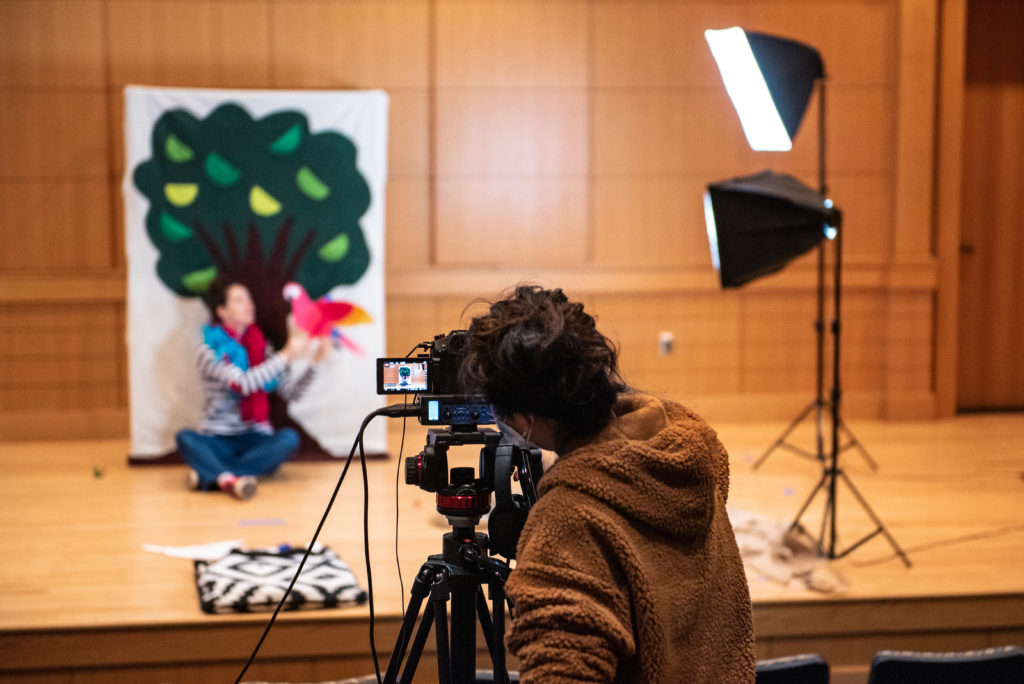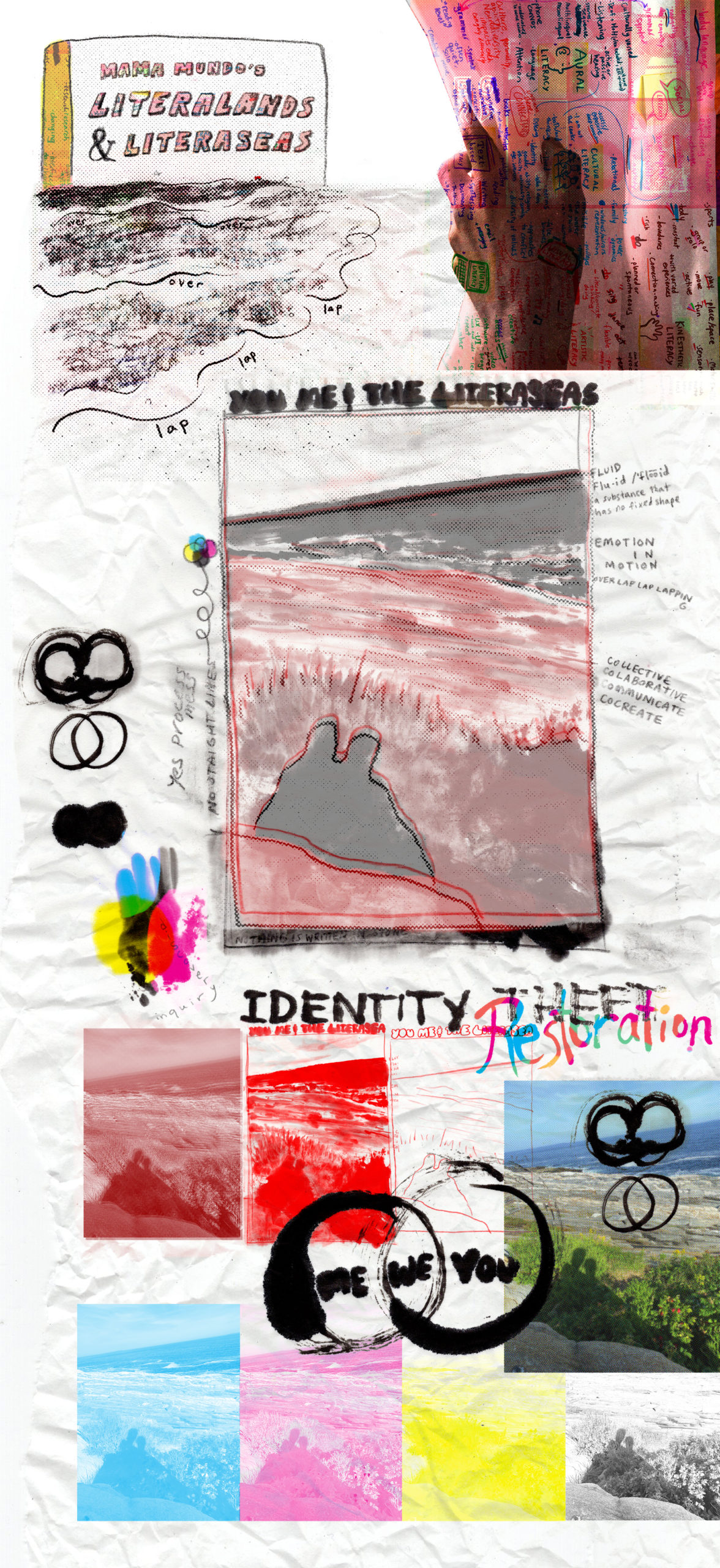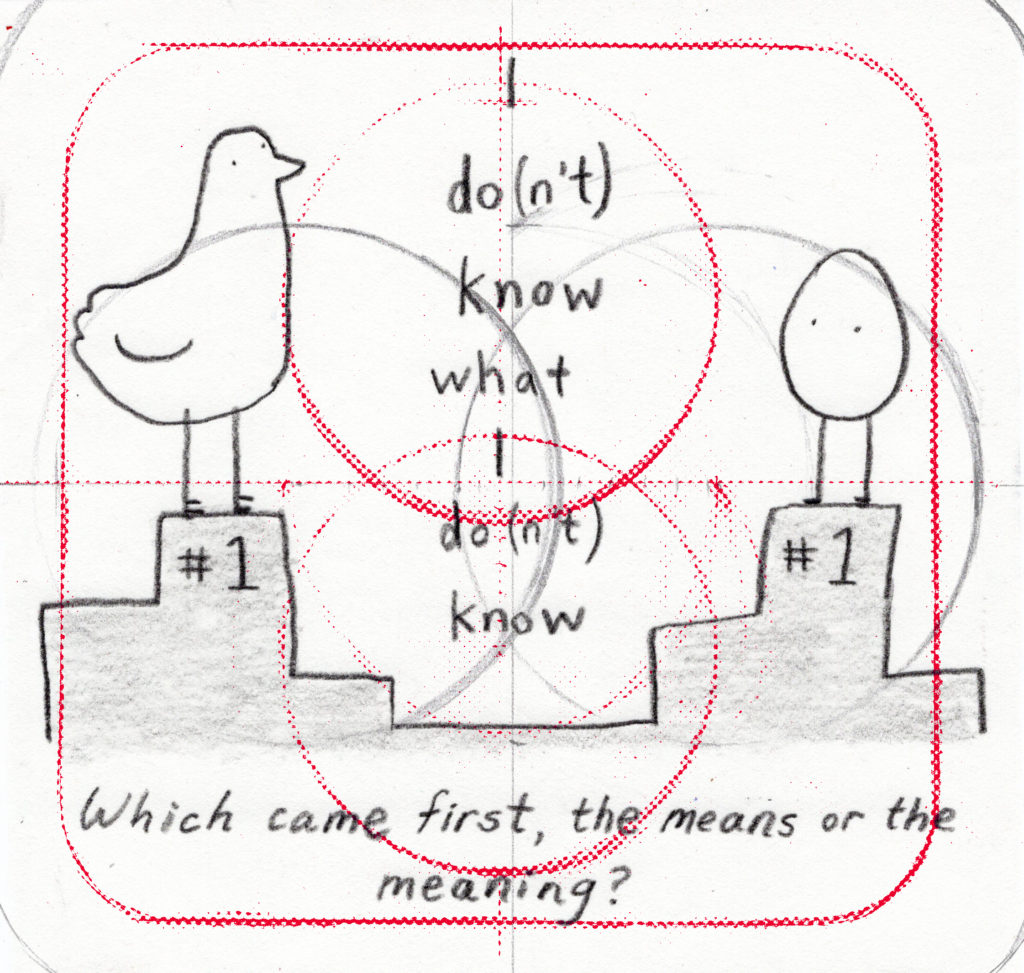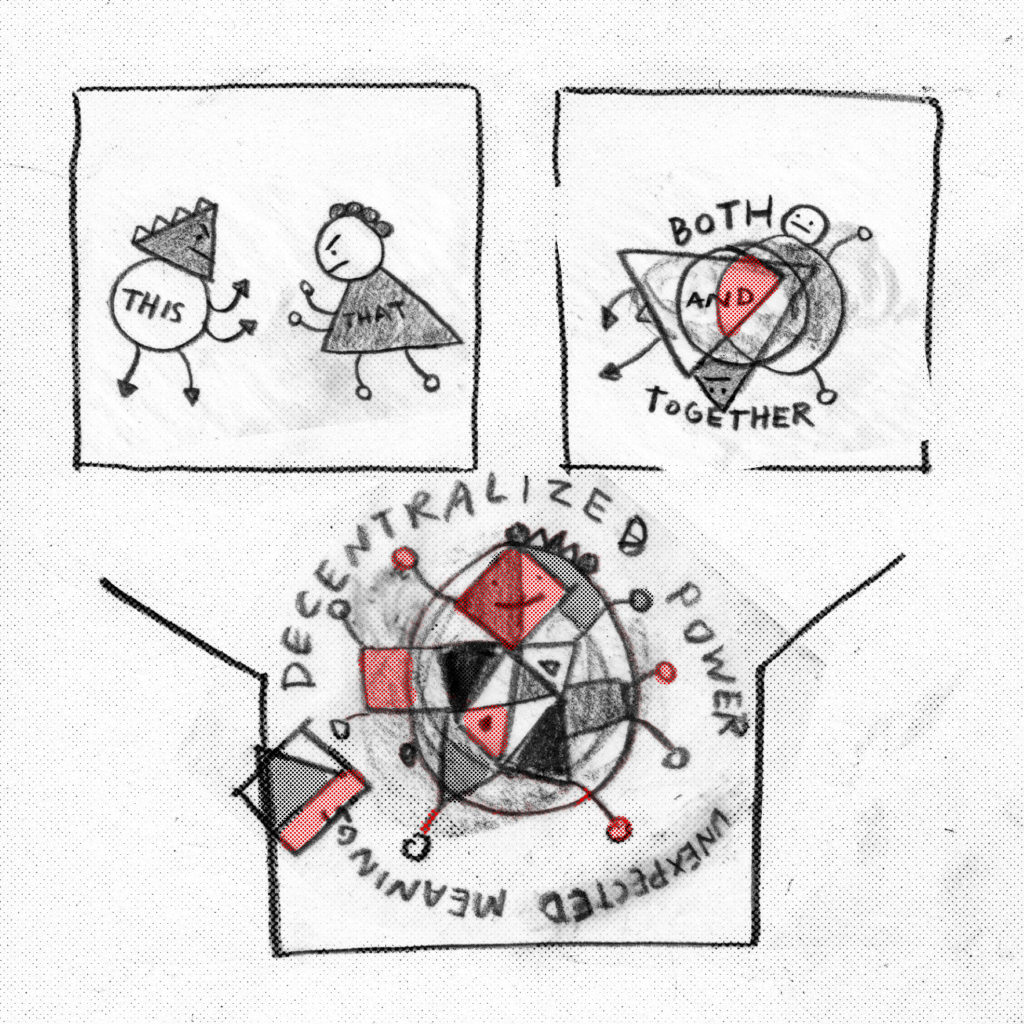4 Big Takeaways From Virtual Arts Learning During the Pandemic

Wolf Trap Teaching Artist Natasha Mirny performs “Moving and Learning Through the Rainforest,” an installment in Wolf Trap’s “Field Trip Fridays” web series, created as a resource to help encourage at-home learning during the pandemic. Photo Courtesy of Wolf Trap Foundation for the Performing Arts.
Educating amid the pandemic has been a whirlwind for teachers, who have faced a myriad of challenges — from technology to student engagement. At Wolf Trap Foundation for the Performing Arts, throughout the pandemic we have been actively collaborating with our teaching artists, local school districts and affiliates of Wolf Trap Institute for Early Learning Through the Arts to design arts-integrated professional development programs, web series and grants projects that help students and teachers thrive during this challenging time.
As they return to school this fall, it’s time to assess what we’ve learned during the past 18 months and incorporate those “lessons learned” into our practice. Here are four valuable takeaways we’ve derived from our collaborative experience that may help other arts educators expand their approach to delivering creative, high-quality arts education experiences for their students:
Creativity is an Asset
This year challenged educators to think differently about the content and the platforms they were using to engage their students. Wolf Trap Teaching Artists worked with early childhood educators to develop strategies to maintain student focus through use of tone and movement exercises — even puppets — and incorporated Zoom backdrops and the screen itself to involve the students in their storytelling.
Our affiliate, the Singapore Repertory Theatre, launched “Wake Up! Shake Up!,” a week of digital broadcasts designed to kick start students’ days with drama, song and dance. The series, which was broadcast live to approximately 200 preschool professionals and 4,500 students, was a great example of how teaching artists can transport their art form to a digital format and more actively engage students in virtual instruction.
Art Breeds Resilience
Educators can’t underestimate the arts as a means for social and emotional learning. Whether through movement, drama, singing or puppetry, the arts can help students explore their feelings in a constructive way and build their confidence.
Centreville High School’s Theatre Arts Program modeled this approach when working with Synetic Theater this past spring to produce “Failure is an Option.” Funded through Wolf Trap’s Grants for High School Performing Arts Teachers program, Synetic’s teaching artists facilitated this physical theatre master class series, where students used new techniques to explore the concept of failure.
In the first workshop, students worked on communicating through body language, using isolation and pantomime to communicate character and intent to the audience. In the second workshop, they focused on making bold choices and honing their artistic instinct through trial and error. For the third and final workshop, students created an original piece of theater based on the idea of “failure.”
“What does failure look like to you,” their teacher asked, “and what can it teach you?” Students came away with the realization that to truly grow, it is sometimes necessary to fail, and they were able to do this by using the arts as a vehicle for self-expression.
Don’t Forget Parents and Caregivers
Just as educators supported students during virtual learning, they understood it was important to reach out to parents, families and caregivers who struggled with the added pressures of this kind of learning environment. Many educators reconsidered ways to equip students’ caregivers with take-home resources to engage with their child.
For example, our seven-part web series, “Field Trip Fridays,” took viewers on virtual trips to explore a new topic or culture through dance, music and storytelling. It was a great way to extend what is normally an in-person experience for local schools to those outside of the region and included handouts for enrichment activities. Wolf Trap provided each segment directly to educators and made these virtual experiences available to the public to enjoy at home or on the go.
Access is Essential
The lessons and skills we gained from virtual learning give us an opportunity to augment how we deliver — and how students receive — learning. By providing students with adequate technology and support, virtual learning can break down economic and distance barriers and broaden access to arts education for all students.
Wolf Trap’s team members Bryna Shindell, Valerie Branch and I will be speaking more about these takeaways at the Arts Education Partnership’s 2021 Virtual Gathering. We hope you can join us on Wednesday, Sept. 15 at 3:30 p.m. EDT, for our concurrent session, “Virtual Arts Education Beyond the Pandemic.” Registration is free for the entire event, which gives you access to lively plenaries and concurrent sessions like ours, as well as opportunities to connect outside of sessions with presenters and other attendees.



